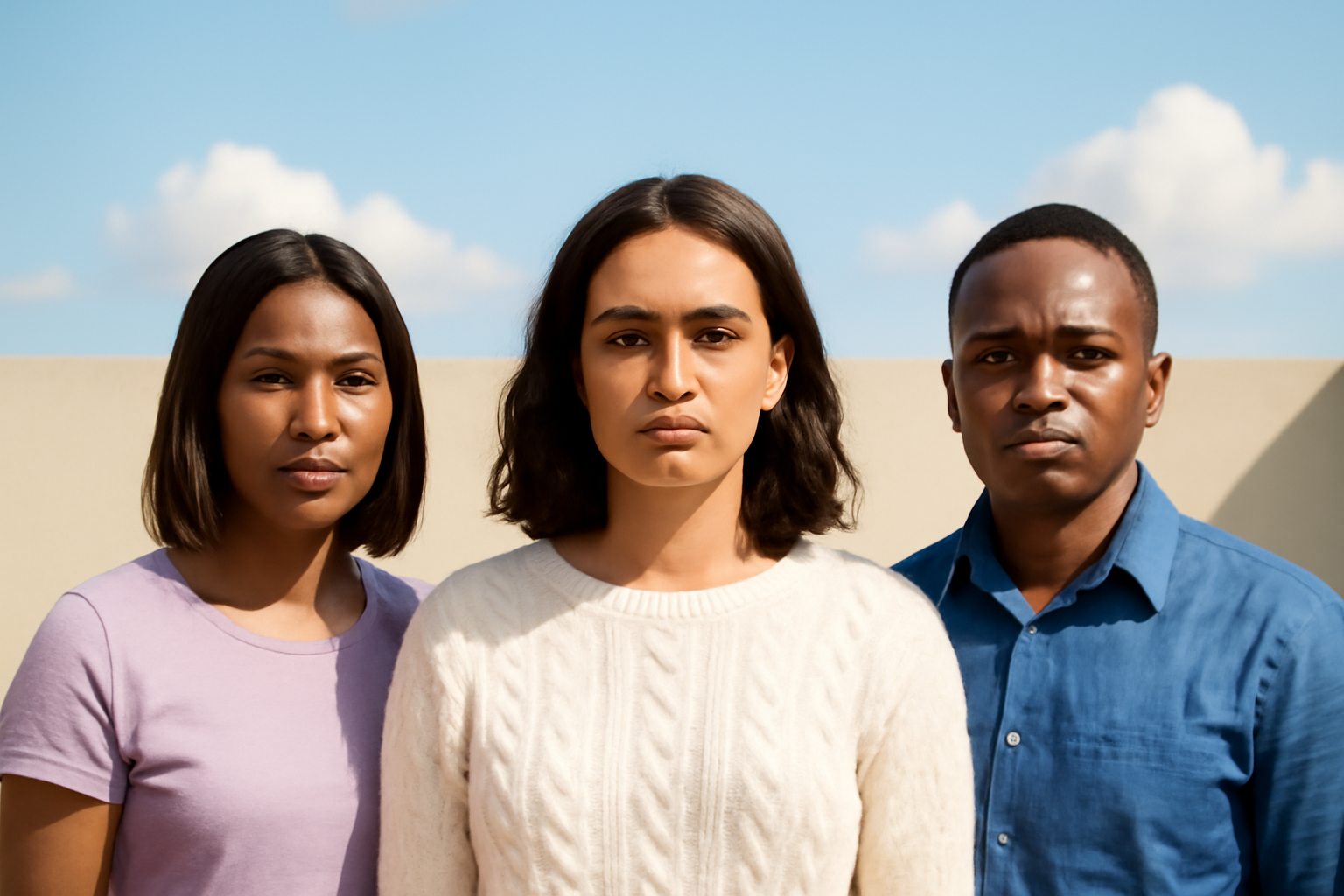
The struggle for transgender rights in Kenya faces uncertainty as efforts to obtain birth certificates reflecting gender identity encounter significant legal challenges.
In a pivotal case, three transgender individuals — Audrey Mbugua, Maurene Muia, and Arnest Thaiya — are petitioning for amended birth certificates that align with their gender identity. Despite achieving some legal victories, their journey remains fraught with hurdles.
The Attorney General, Dorcus Oduor, has filed a motion with the High Court to dismiss the case. Oduor's stance is rooted in the assertion that individuals are born as either male or female and that the existing legal framework in Kenya does not support altering one's sex post-adulthood. Her argument emphasizes that gender identity and the issuance of birth certificates are traditionally based on physical attributes. However, this view notably exempts intersex individuals.
Legal Recognition for Intersex Individuals
Recently, Kenya took a progressive step by recognizing intersex individuals officially. A government notice in the Kenya Gazette confirmed that intersex people can now receive birth certificates marked with an "I" gender identifier. This change was propelled by a historic law enacted in 2022, which granted intersex individuals specific recognition and rights.
Despite this advancement, transgender individuals remain outside these legal reforms, as Oduor argues that the law does not envisage gender changes based on transgender identity markers.
Challenging the Status Quo
The plaintiffs, Mbugua, Muia, and Thaiya, contest Oduor's argument, emphasizing that the determination of gender is subjective rather than scientific. They argue that current discrepancies in essential documents, such as birth certificates, identity cards, and passports, result in lost opportunities and rights.
They assert that biological and psychological components of sex, including chromosomes, gonadal structures, hormones, and brain composition, extend beyond mere genitalia. The plaintiffs argue against forcing trans individuals to retain names inconsistent with their gender identity.
Oduor, however, maintains that changes to official documents are restricted to correcting errors, like spelling mistakes, rather than altering gender markers.
Advocacy and Legal Battles
Several advocacy groups, including Amka Africa Justice, Jinsiangu Kenya, and the Kenya Human Rights Commission, have joined the legal battle to support the plaintiffs. These organizations strive to advance transgender rights and ensure equal access to critical healthcare and services without discrimination.
Audrey Mbugua, a prominent transgender activist, has been at the forefront of the legal fight for over ten years. Her groundbreaking case in 2014 led to a court ruling requiring the Kenya National Examinations Council to amend her name and gender marker on her academic certificates.
Mbugua also founded Transgender Education and Advocacy, the first publicly funded transgender rights organization in Kenya. The group provides legal aid for name and gender marker changes, campaigns for legal reforms, and delivers economic assistance to combat poverty and sexual exploitation among transgender individuals.
Jinsiangu Kenya, established in 2018, advocates for equal healthcare access and other essential services irrespective of gender identity or expression. Their 2021 report revealed that 63% of transgender people surveyed lacked identity documents that matched their gender identity, while 10% reported being denied ID cards or passports and faced unemployment due to inadequate documentation.
Looking Forward
The case's outcome remains pivotal for the future of transgender rights in Kenya, reflecting broader struggles for gender identity recognition. The plaintiffs' legal battle highlights the ongoing challenges faced by transgender individuals in securing identity documents that accurately reflect their lived gender, crucial for accessing opportunities and asserting their rights.
As the legal proceedings continue, advocacy groups remain committed to supporting the plaintiffs and pushing for comprehensive legal reforms to protect and promote the rights of transgender individuals across Kenya.
The push for inclusion and recognition of diverse gender identities in Kenya's legal framework continues to be an uphill battle, with significant implications for the country's human rights landscape.
Related Posts
Triumphant Trans Woman Wins Legal Battle and Inspires Others to Stand Up for Their Rights
Breaking new ground: a landmark victory in transgender rights After battling in courtrooms and enduring endless challenges, Diana Portillo, a transgender woman, has secured a monumental victory in her decade-long fight against workplace discrimination. The result? Nearly $1 million awarded in a historic settlement. But this isn't just a win on paper—it represents a powerful precedent in combati [...]
Pride Month in Latin America: Protests and Demands for Equality
**Celebrating Pride and advocating LGBTQ+ rights in Latin America** Pride Month in Latin America was a lively mix where celebration met activism. Communities united, not just throwing a party but making a stand—demanding equality and pushing governments toward better protection and rights recognition. Throughout Latin America, pride events erupted in marches and cultural displays, each with a c [...]
Transgender Erasure Actions Implemented by National Park Service
```html Trump administration's impact on national park service and transgender recognition The Trump administration made notable moves in undermining transgender representation, which included directing agencies like National Park Service not include "T" and "Q" when they refered “LGBTQ” in any official communication. This move seems part a broader plan by this administration aimed at reducin [...]